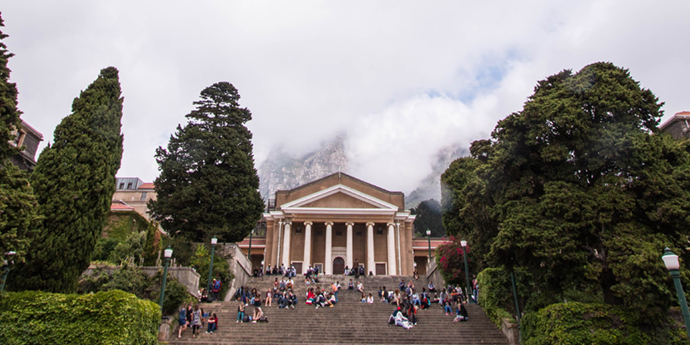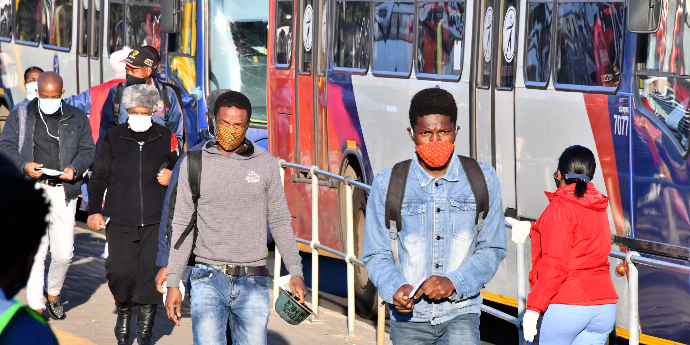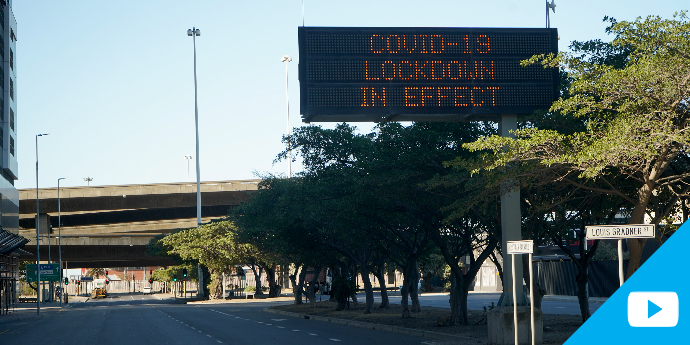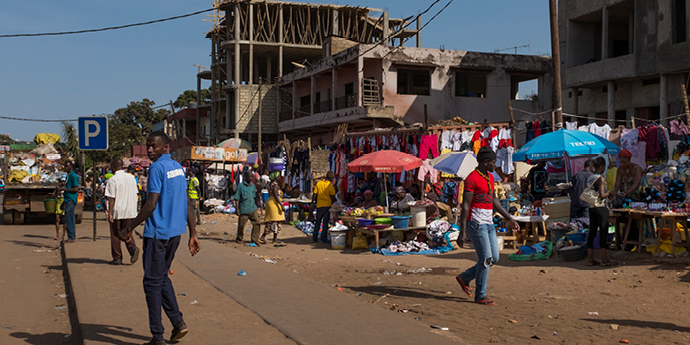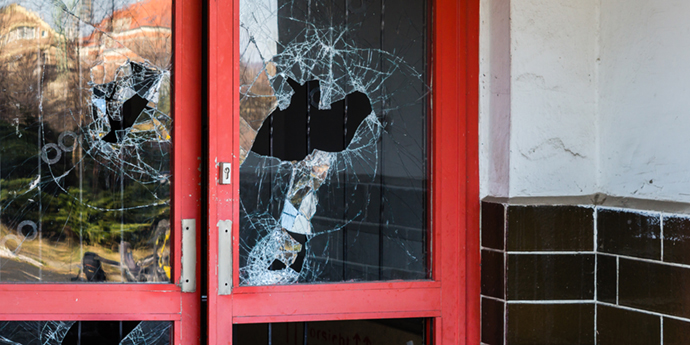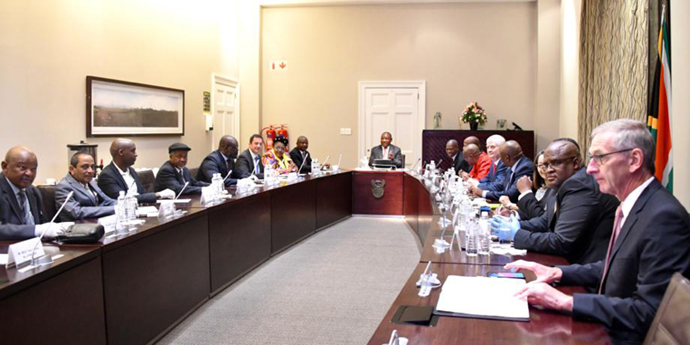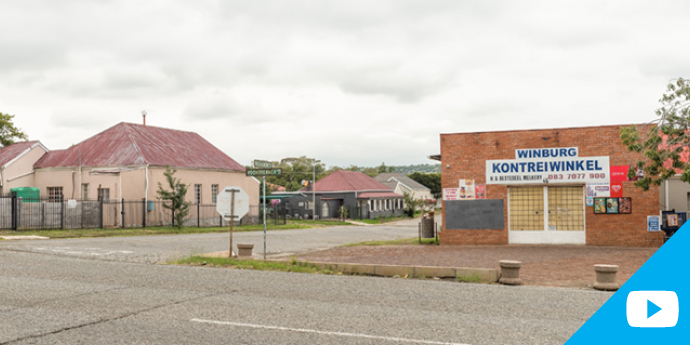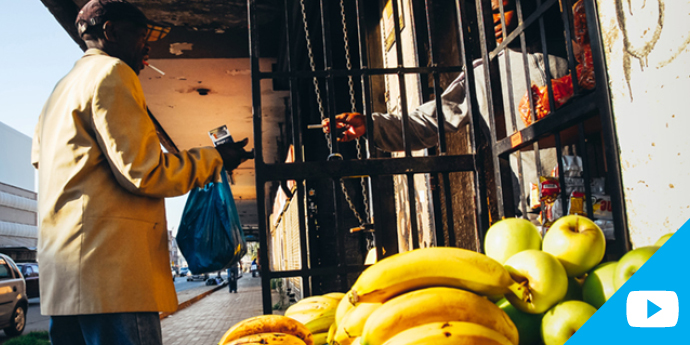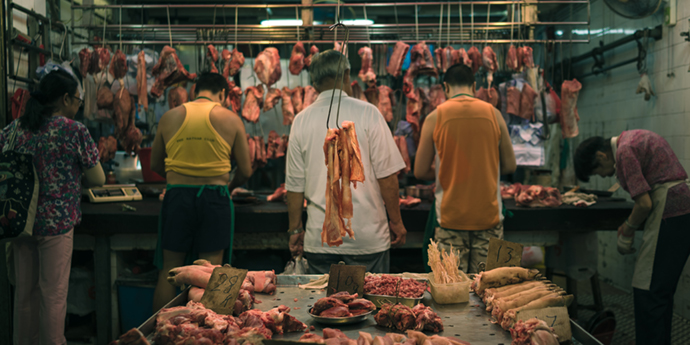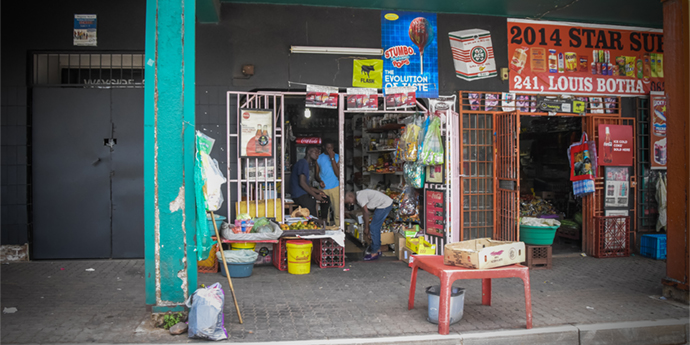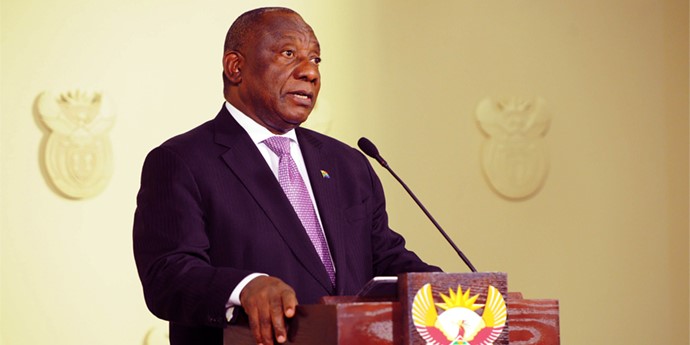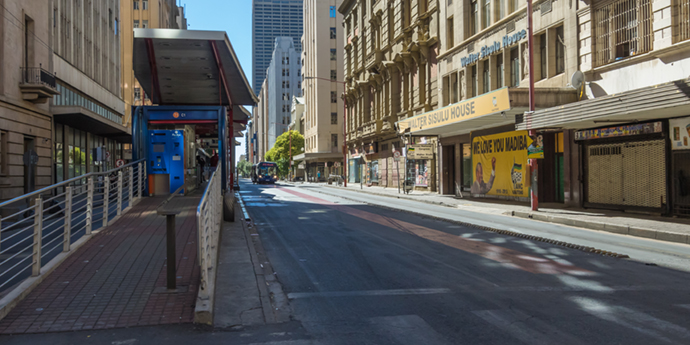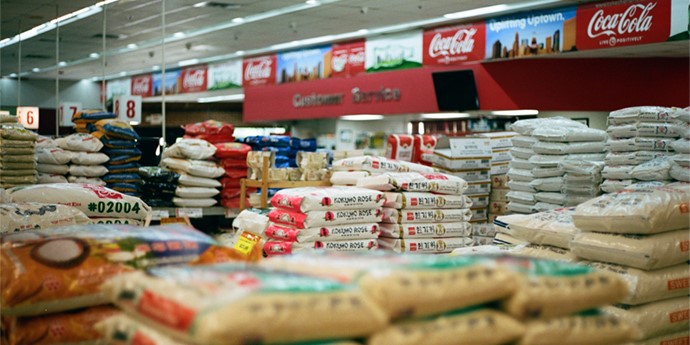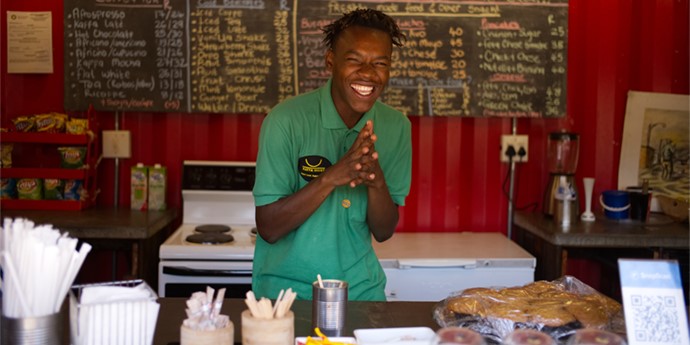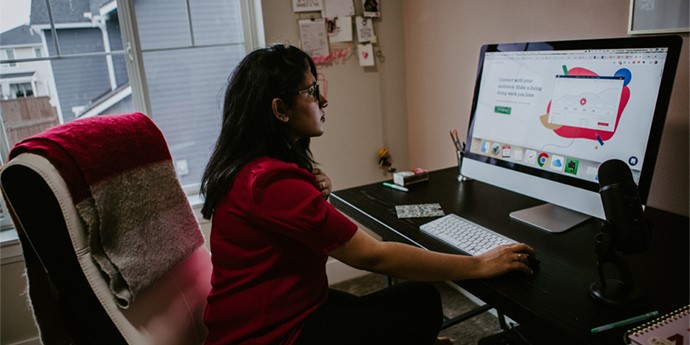Getting the most out of virtual meetings demands more than a mastery of new tech, it’s about creating human connections across the digital ether.
Love or loathe them, virtual meetings have become a mainstay of the working day for many of us, and may remain so for the foreseeable future. Lockdown conditions may be easing in South Africa from next week, but it is likely that remote working will be a reality for most businesses for a while to come. The financial markets are certainly betting on it; Zoom has seen its average daily users grow from 10 million to 200 million in just a few months and its market value is now over $40 billion.
The tech that allows us to come together when we’re apart is truly wonderful, but virtual meetings are fraught with challenges. Technical problems, late joiners and the stuttered delays between speaking, being heard and replying can all slow the pace and sap energy from our interactions.
Poor behaviour common in face-to-face meetings is also amplified in the virtual world. An out-of-turn interruption can feel more jarring. As a facilitator, it’s harder to hold people’s attention and bring them into the conversation. As a participant, there’s the constant temptation (and opportunity) to multitask or check emails.
Because of this, virtual meetings tend to be ultra task-focused, leaving little time for the social interactions that are shown to result in greater wellbeing and happiness and more engaged, productive employees. Yes, working from home has its upsides, but it can also leave us feeling isolated and more like ‘human doings’ than human beings.
Creating the space for meaningful connections
With teams forced apart, Wayne Baker from the Center for Positive Organizations at the University of Michigan’s Ross School of Business believes it’s more important than ever to help people connect meaningfully in a virtual meeting. A meaningful connection is one in which “we feel accepted, understood and supported”.
But can virtual meetings really fulfil our needs from both a practical, productivity perspective as well as a meaningful, social one? South African clinical psychologist and executive coach Lauren Davis says they can — if facilitators and leaders invest the time to carefully prepare for and manage the process and the outcome.
“With virtual meetings we lose so much of what helps us feel connected to one another: the informal chats before and after a face-to-face meeting, the body language signals, even eye contact. They can also be a bit dehumanising, reducing us to a head and shoulders on screen, dressed for business from the waist up.”
For years, Davis, who also teaches on Executive Education short courses at the UCT GSB, has been using the Time to Think (TTT) methodology developed by Nancy Kline to help leaders and teams improve the quality of their thinking and listening. She believes the approach can help us master the art of the virtual meeting by shifting interactions into a space where people feel appreciated, respected and at ease.
“If we want our virtual meetings to be engaging and productive, we need to start by giving everyone the respect and quality of our attention,” says Davis. “TTT takes the starting point that everyone has something valuable to contribute, no matter their age or role. It improves the quality of our thinking by teaching us to listen to understand, instead of just listening to reply. This goes against what we’re hardwired to do, and helps us solve some of the issues that can make a virtual meeting feel so disjointed, unproductive and disengaging — people talking over each other or the chairperson droning on in monologue.”
Unlocking fresh thinking
To foster the social connections that unlock people’s potential and productivity, leaders and facilitators will need to help teams feel comfortable in this new virtual environment. Applying four principles from the TTT approach — equality, attention, appreciation and ease — may be the answer.
Equality is not just believing everyone has something of value to say, but giving everyone a chance to contribute in a structured way. Davis advises her clients to give people a position around a virtual table ahead of time, in the form of a seating plan, and having a check-in round at the beginning and doing regular ‘rounds’ to ask people’s views throughout the meeting.
“When you know beforehand that you’ll be asked to contribute a thought or question you’re much more likely to stay engaged throughout,” explains Davis. “Setting up that expectation and knowing when it’s your turn to speak also removes the fear of being pounced upon unexpectedly for an opinion.”
When we feel heard, we feel respected and appreciated, says Davis: “For a better sense of connection, it is recommended that everyone has videos on and when someone is speaking, everyone listens — no interruptions. Neuroscience shows that the brain reacts to an interruption the same way as a slap in the face. It kills the quality of your thinking and makes you far more likely to stay quiet in future.”
While it might sound counterintuitive, introducing a few ground rules can help ensure people feel more appreciated and put them at ease in the virtual world. When everyone knows they will have a chance to speak and be heard, there’s no jostling for airtime — or opportunity to disappear as a silent observer. Meetings can become a productive space where thinking moves forward.
Virtual meetings can leave us feeling frustrated and disengaged, but they can also help us reconnect on a human level when we’re stuck in the lonely world of digital communication. It takes a bit more effort to create the conditions that get the best out of people — and demands that team leaders spend some additional time in preparation — but the outcomes are transformative and thus worth it. And with some practice, it should become as intuitive as mastering the technology.
Kumeshnee West is Director of Executive Education at the UCT Graduate School of Business, one of three triple-crown rated African business schools.






